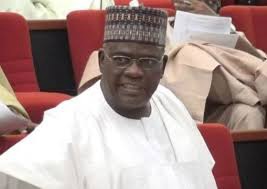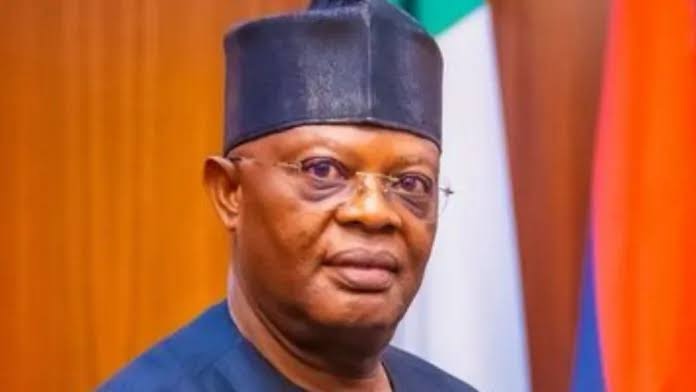BY CAROLINE AMEH
A coalition of lawmakers from the North East geopolitical zone has voiced strong opposition to the exclusion of their region from the Federal Government’s Special Agro-Industrial Processing Zones (SAPZ) initiative, a multi-billion naira programme aimed at revolutionising Nigeria’s agricultural value chain.
Senators and Representatives from Adamawa, Bauchi, Borno, Gombe, Taraba, and Yobe States held an emergency meeting at the National Assembly Complex in Abuja to deliberate on what they described as a critical oversight.
Addressing the media after the meeting, Senator Danjuma Goje, Chairman of the North East Caucus, said that the lawmakers were forced to interrupt their legislative recess to confront the issue.
He argued that the omission of the North East, Nigeria’s largest geopolitical zone by landmass and a hub for both crop and livestock farming from the SAPZ rollout is not only unjust, but undermines the spirit of inclusive national development.
The SAPZ programme, which has secured $530 million in joint funding from the Federal Government, the African Development Bank (AfDB), the Islamic Development Bank (IsDB), and the International Fund for Agricultural Development (IFAD), is designed to curb post-harvest losses, boost agro-industrial productivity, and create jobs by connecting farmers to processors in specialised economic zones.
Vice President Kashim Shettima had officially launched Phase 1 of the programme on April 8 in Kaduna State.
The initial rollout includes seven states and the Federal Capital Territory, with the beneficiaries drawn from the North Central, South South, South East, and South West regions. No state from the North East was included.
Senator Goje emphasised the urgency of correcting this imbalance, warning that continued exclusion would dampen national efforts to harness agriculture as a driver of economic diversification and poverty alleviation.
The caucus commended President Bola Tinubu’s broader commitment to agricultural industrialization, but called on the Federal Government and its development partners to urgently revisit the selection criteria to ensure equitable representation of all regions.
The lawmakers reiterated their commitment to protecting the interests of their constituents and vowed to continue advocating for the region until justice is done.
They called for transparency, fairness, and regional balance in the implementation of national development initiatives.


